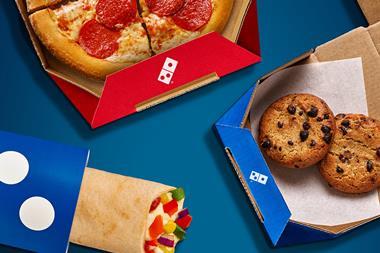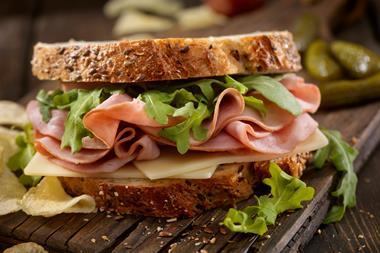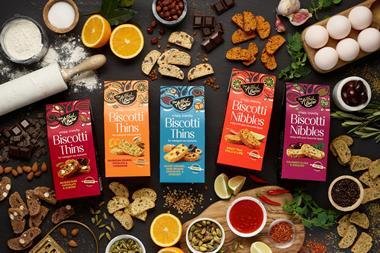Analysts from Kantar Retail have said traditional British supermarkets will face higher costs after Brexit, while discounters, such as Aldi and Lidl, will reap the benefits.
Kantar said in reaction to Britain voting to leave the EU: ““The mid-term effect of goods sourcing is likely to be the largest factor of consideration for British retailers.
“The prices of fresh produce will definitely go up, as much of this is sourced from the EU. In the case of Tesco, for example, almost 50% of butter and cheese consumed in the UK comes from milk sourced from EU markets.
“Inflationary pressures will further boost the call for locally-sourced/manufactured products as the retailers’ ability to source from EU suppliers offering better trade terms is adversely impacted.
“Higher commodity prices and tariffs will also impact production of traditional products, even though a significant proportion of goods are produced locally. Supply chain costs are likely to go up due to higher trade tariffs.”
Factors including economy of scale, limited ranges and having the leanest supply chains are all factors that will help the discounters to absorb the rise in food prices and inflation, the report said.
“Crucially, in their attempts to position themselves as genuine weekly shopping destinations, both Aldi and Lidl have drastically increased and improved their fresh offer, with sales from fruit and vegetables, meat, poultry and bread now accounting for 50% of sales.
“In this time, they have been the most proactive in driving provenance and localism, with Aldi implementing a 100% British fresh meat policy. This heightened relationship with British farmers means they are in a stronger position than their rivals in the immediate term.
“Lidl alone will invest £1.5bn over the next three years in building new stores, refurbishing existing ones and developing new product new lines. These investment plans are likely to remain unchanged and, with the value of the pound dropping, the billions of euros set aside are now set to go a lot further.
As a result, the report said Aldi and Lidl are primed to be the least affected retailers. Indeed they may be the ones to benefit in the short and medium term.
This month Aldi was crowned Grocer of the Year at the Grocer Gold Awards, for the third time in four years.



































No comments yet